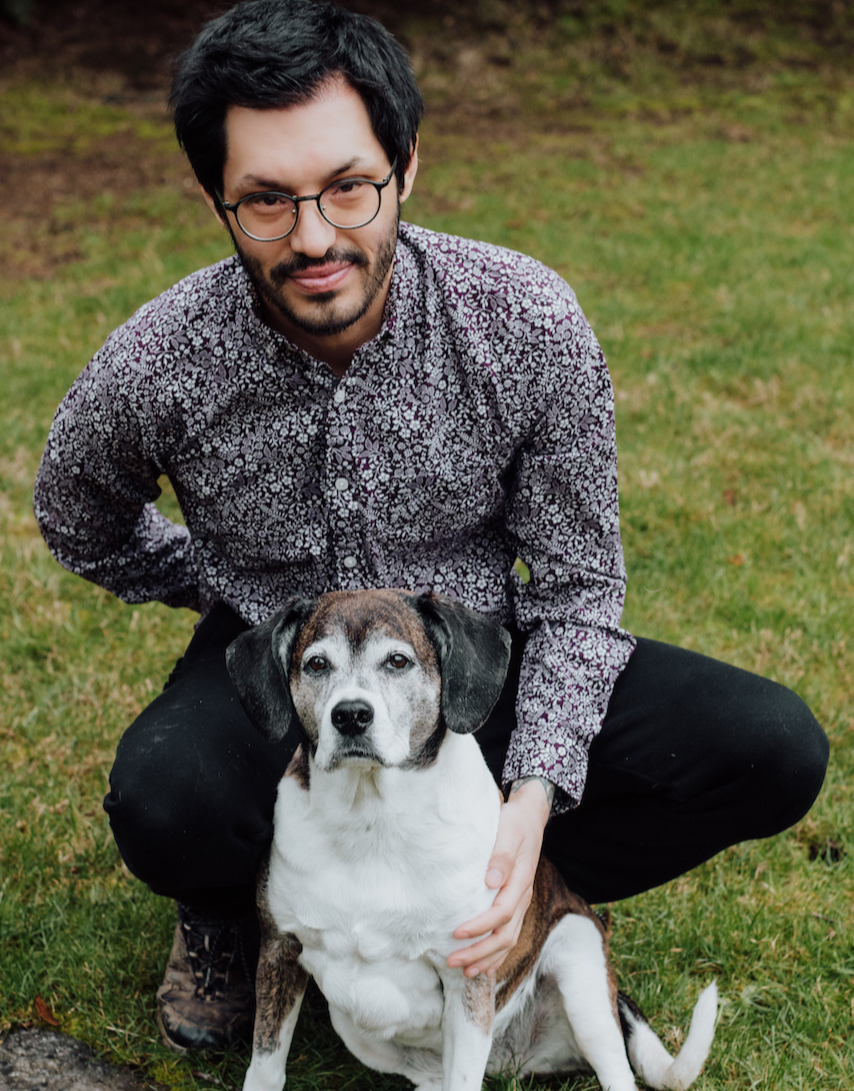Our Dependent Nature and Why We Are Wired for Connection
- Julian Bermudez

- Mar 17, 2025
- 3 min read
Updated: Mar 30, 2025
The Illusion of Self-Sufficiency
What if the very idea of independence we cling to is built on a misunderstanding of human nature? From the moment we are born, we rely on others for survival. Why, then, do so many of us struggle with asking for help?
Humans are a highly social, interconnected species. Dependence on others isn’t a weakness—it’s wired into our biology. Unlike many other animals, we are born completely helpless, requiring years of care before we can survive on our own. A newborn horse can run within hours of birth, but a human takes years to develop even the most basic skills for independence.
And yet, despite this fundamental need for connection, we live in a society that often forces disconnection. Many parents must return to work just days after giving birth, leaving their infants in the care of others. Even in countries that offer parental leave, the time granted is often short—too short for the deep, formative attachment required for secure development.
The Problem with "Crying It Out"
This lack of time for bonding has given rise to belief systems that attempt to override our biological instincts. Some doctors and psychologists have advised parents to let infants “cry it out” to teach them self-soothing. The reasoning is simple: since parents won’t always be available, babies should learn to regulate themselves early.
But this advice contradicts human nature and has profound consequences.
Many parents experience deep conflict with this approach. I’ve met numerous people who feel ashamed for holding their crying child, as if responding to their baby’s needs were a failure. One mother confided that she had to hide the fact that she held her baby’s hand through the crib rails at night, fearing judgment from medical professionals.
But what does it say about our society when a mother feels ashamed for comforting her own child?
Why Physical Comfort is a Biological Need
Being held and comforted is not a luxury—it is a fundamental need. Studies have shown that infants who are kept warm and fed but not physically held can experience severe developmental delays, and in some cases, even death.
Dr. Dan Siegel refers to this process as interpersonal neurobiology—a term that means an infant’s nervous system is literally shaped by interactions with a caregiver’s mature, regulated nervous system. Through touch, a child learns not only neural patterns but also how to process emotions.
This early experience of connection—or lack thereof—forms the foundation of our self-beliefs. When a baby cries for comfort and no one comes, what message do they internalize?
My needs don’t matter.
I’m not important.
I can’t rely on anyone.
I’m not safe.
From Childhood Beliefs to Adult Struggles
These early beliefs don’t just disappear. They follow us into adulthood, shaping how we navigate relationships, work, and self-worth. When a child’s needs go unmet, they must make sense of it. They can either conclude that their caregivers are incapable of providing care—in which case, the world is unsafe—or that they themselves are unworthy of love, leading to a lifelong struggle to prove they are “good enough” to deserve care.
This creates a painful conflict between attachment and authenticity.
Children start out fully authentic, expressing emotions freely. But when those emotions are met with disconnection, they learn to suppress them in order to maintain attachment. A child who expresses their needs through cries or tantrums and is met with further rejection will eventually silence themselves, choosing attachment over authenticity.
Why We Struggle to Ask for Help
This pattern plays out in adulthood more often than we realize. Many of us suppress our emotions, deny our needs, and struggle to ask for help—not because we don’t need it, but because we’ve been conditioned to believe we shouldn’t need it.
We hear these beliefs in our inner dialogue:
I’m not good enough.
I don’t deserve help.
I have to be strong and independent.
I can’t rely on others.
True Independence is Built on Dependence
And yet, true independence is born out of dependence.
When children experience secure, nurturing relationships, they develop the confidence to explore the world independently, knowing there is safety in their foundational relationships. Likewise, as adults, our capacity for resilience isn’t built through isolation but through healthy interdependence—allowing ourselves to be supported so we can move through the world with greater strength and freedom.
Rewriting the Story: What Would Change?
This isn’t about blaming our past; it’s about recognizing our patterns. What beliefs have shaped the way you relate to yourself and others? How often do these self-limiting beliefs influence your daily life?
And most importantly—what would change if you no longer had to carry them?




Comments